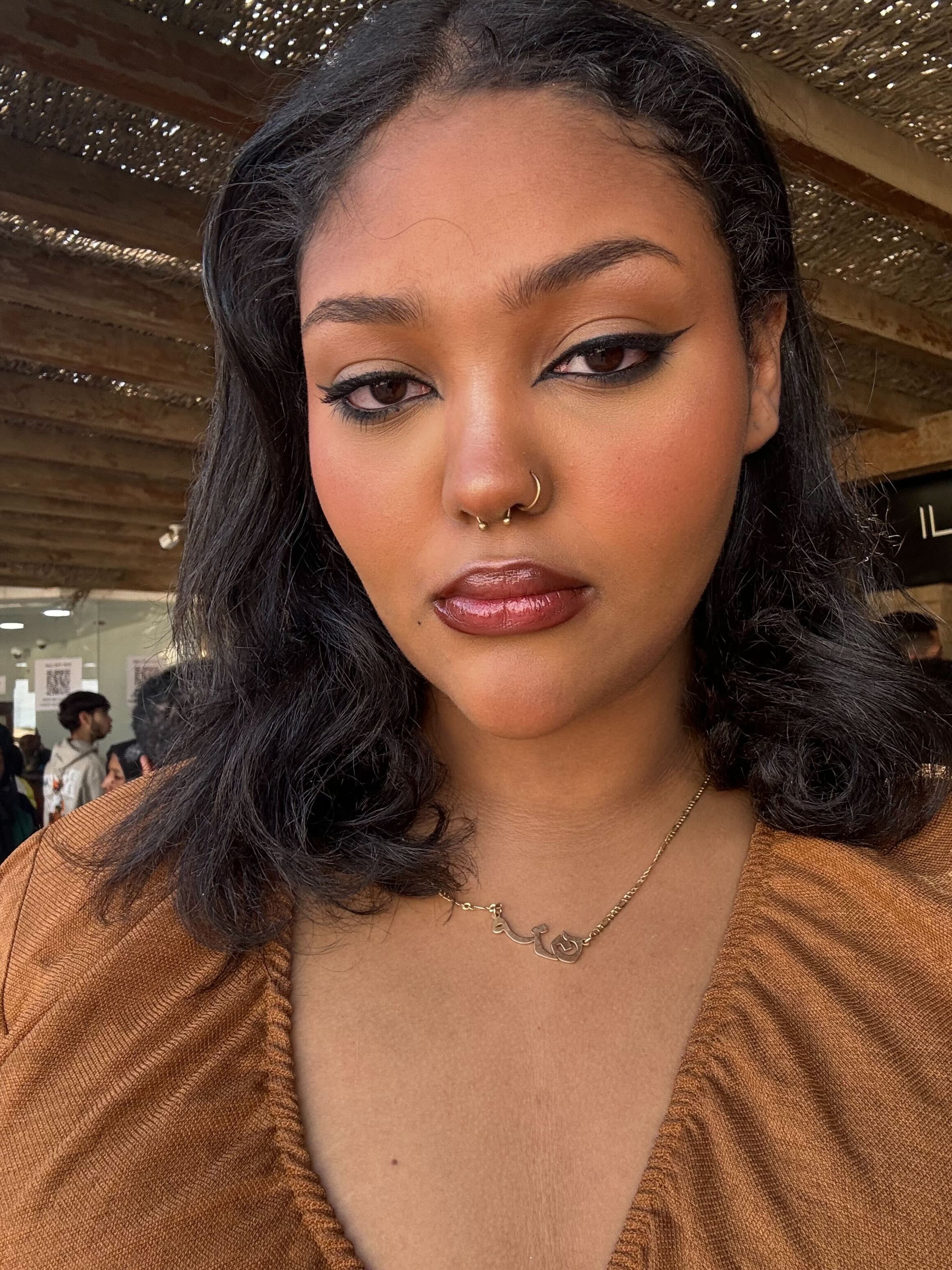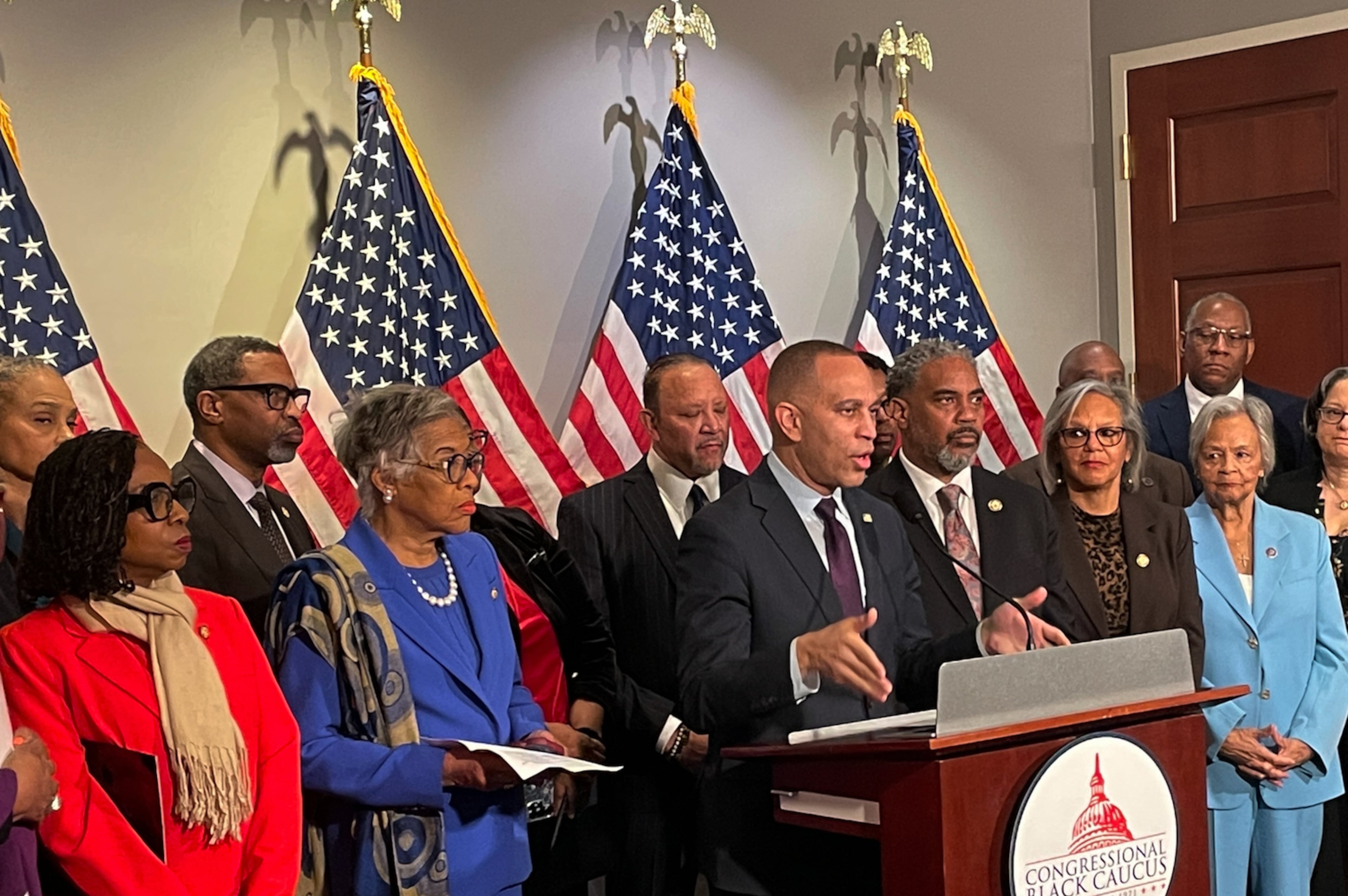Listen: Georgia college students speak out on campus protests

It’s been a week since the first pro-Palestinian protesters set up an encampment on Emory University’s campus.
Students at Kennesaw State University and the University of Georgia soon followed, as well as other campuses across the state. And in total, authorities have arrested at least 40 people.
But what’s happening in Georgia isn’t unique. Protests of the Israel-Hamas war are part of movements on campuses across the country, from Columbia University in New York to UCLA in California.
President Joe Biden addressed these demonstrations in a statement at the White House on Thursday in part by saying, “Dissent is essential to democracy, but dissent must never lead to disorder or to denying the rights of others so students can finish the semester in their college education.”

The Atlanta Journal-Constitution’s Politically Georgia team spoke to four students from campuses across metro Atlanta to get their perspectives on the issues They are:
- Braxton Broady, a freshman at Morehouse College, where Biden is expected to speak on May 19.
- Daniella Hobbs a doctoral student at the Candler School of Theology at Emory University.
- Mozn Shora, a graduating senior at Spelman College who attended protests at Emory University.
- Talia Segal, a senior at Georgia Tech, and the outgoing president of its Hillel chapter.
The students sat down for a wide-ranging conversation about some complicated issues. Some of their responses have been edited for brevity and clarity.
-------------------------------
Q: How are you getting your news and do you feel the media’s coverage of these protest is fair?
Segal: I have to be completely honest, and this is a fault of my own, but I’ve been in the midst of finals and everything else at Georgia Tech, um, so really most of my news has come from social media. You know, I can’t speak to exactly how the algorithm is set up, but I know a lot of my feed is showing the Jewish students perspective, um, and how scared they’ve been, really.
Hobbs: Yeah, I do think there are certain images that are coming out on social media that aren’t being portrayed in the national media that show just how violent and aggressive the police have been on these campuses. (I think there has been a) misconstrual of how the police are showing up and being aggressive towards peaceful protesters and that it is actually the police presence that is causing a lot of the violence that we’re seeing, and I don’t think that’s necessarily been portrayed as strongly and as well as it could be.

Shora: I’d like to second that. I don’t think the media has really been focusing on just how violent the police’s interactions with us have been. I also think that there was a lack of addressal of our two prominent reasons for being there. First, we were there for Palestine, but secondly, we were there to protest the construction of the Atlanta Public Training Center, also known as Cop City, which I think the media has not really addressed or focused on.
Broady: I believe that the fact that the media hasn’t really been covering Cop City, which was a very large aspect of the protests that I’ve been seeing throughout the AUC (Atlanta University Center). I think that’s kind of been a bit of a disservice to the protests.
Q: How do you feel about President Biden’s action on the war, his re-election bid, and his upcoming visit to Morehouse College as commencement speaker?
Broady: I first want to start by saying that I’m actually very glad that President Biden is coming to Morehouse. You know, regardless of whoever’s political belief, I think that the attention that a sitting president brings to campus is a great bargaining chip for whoever to use their platform.
Personally, I’m still leaning towards Biden in this presidential election, and I think that the fact that he’s been, showing some signs of wanting to reach an agreement between both sides, you know, setting up aid setting up the port in Gaza. I think that that’s a great first step into looking at the actual Palestinian people who I feel or just the innocent lives period that have been lost throughout this conflict.

Shora: Our system doesn’t encourage options outside of Democrat or Republican. I personally don’t understand how the institution believes that 300 million people’s beliefs can be reflected and reflected in two parties. That’s my personal belief.
Hobbs: I think that’s what a lot of students are standing up and starting to say. Is that it can’t just be these two.
Segal: I know some Jewish people have been actually disappointed in Biden not being quite strong enough for Israel. And I personally think he’s been okay. I will vote for him again because I, I think it’s important to put America first and, and avoid Trump being elected.
Q: Biden addressed campus protests at the White House and condemned more violent protests. He also established the right for student voices. What did you think of his remarks?
Shora: Honestly, I think they’re awfully ironic that people keep telling us how we’re supposed to protest and saying that protests should not be disruptive when that is the basic definition of protest.
It is to be disruptive. It is to bring things to a halt because we have issues that we need to focus on and address. And I think it’s ironic when Biden talks about threatening people and destruction of property, because that’s exactly what the police are doing they are threatening us, they are causing physical harm to us and our property and school property on multiple occasions.

Broady: I would like to preface this by saying this might be a bit of an unpopular opinion. I definitely support protests and protesting in the beginning. However, you know, being on a college campus and seeing, you know, people protesting. Campuses around the country. And I want to say sort of the lack of efficacy that they’ve been having. And I say this also because at Spelman, well at the AUC, a representative from Biden’s administration came and spoke with students.
And I mean, they couldn’t even have a conversation because a young lady was standing up, shouting, demanding that the representative quit her job. I mean, there was no room for any conversation.
Hobbs: I think that this shows why divestment is important. In the U.S., oftentimes, institutions pay and care more about money and capital than they do about human beings. And so they care more that their grass needs to be fixed than the fact that there are students overnight in DeKalb County Jail. We see things like that. And so that’s why I think that divestment is the specific angle that we are taking because it can be effective. It is.
Segal: I think the thing that really stuck with me the most from that was a question asked (at the White House) ... was will these protests have any influence over your policies and the way that you’re going about the situation? And his (Biden’s) answer was, no, thank you. And I think that’s really telling.
Q: What resolution are you hoping for? Do each of you believe that Israelis and Palestinians can live together peacefully in the future?
Segal: I am doing everything I possibly can to hold on to hope that there is a future of peace.

Hobbs: I think there needs to be a cease-fire before we can think about what comes next.
Shora: I believe that in order for people to live harmoniously, there needs to be a complete deconstruction of the apartheid state.
Broady: I’m hoping that there can be a two-state solution.
Monday on “Politically Georgia”: Andrea Young will join us. She is the executive director of the American Civil Liberties Union of Georgia.



